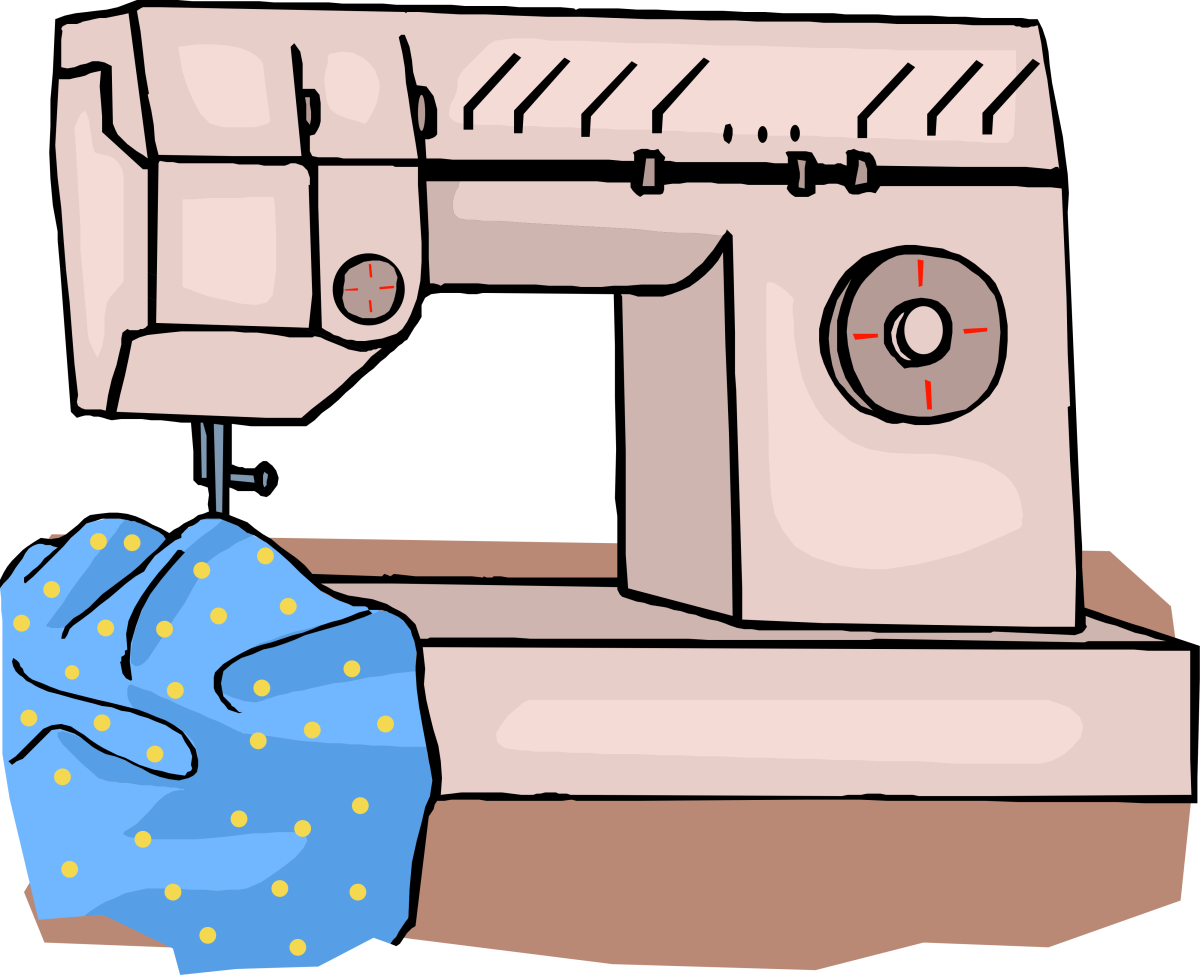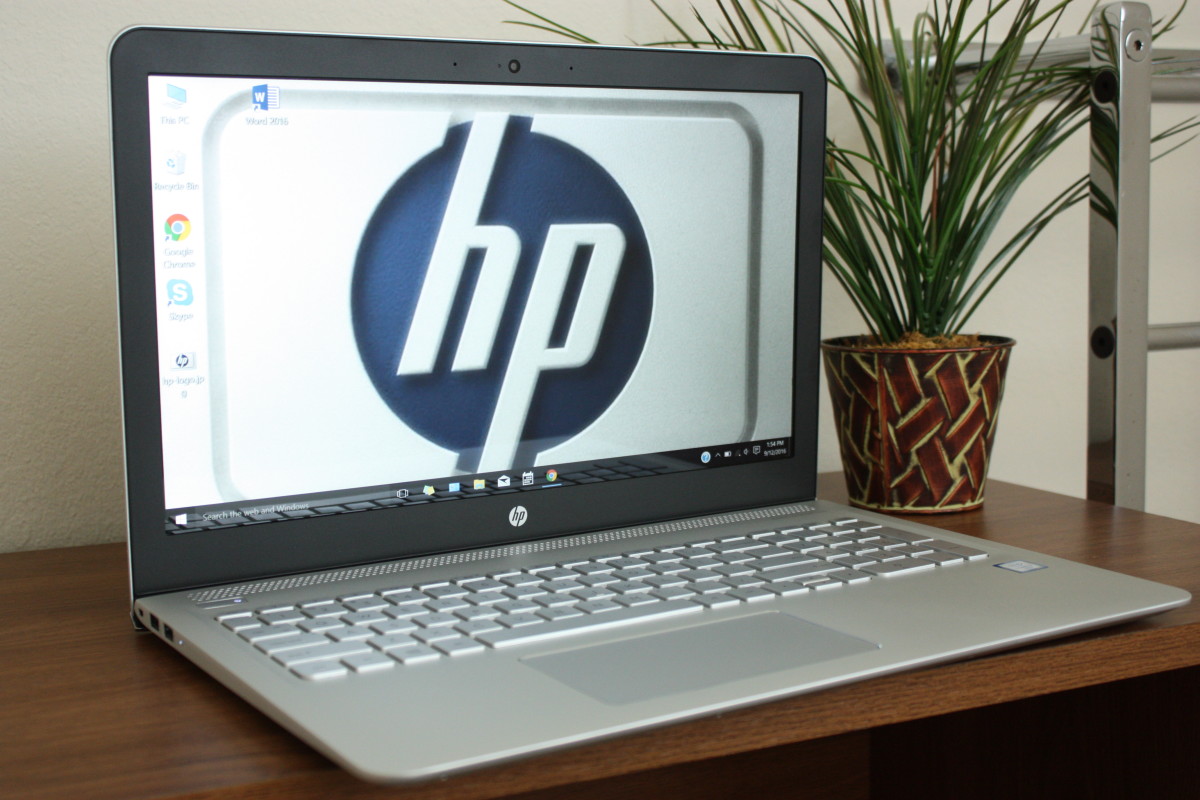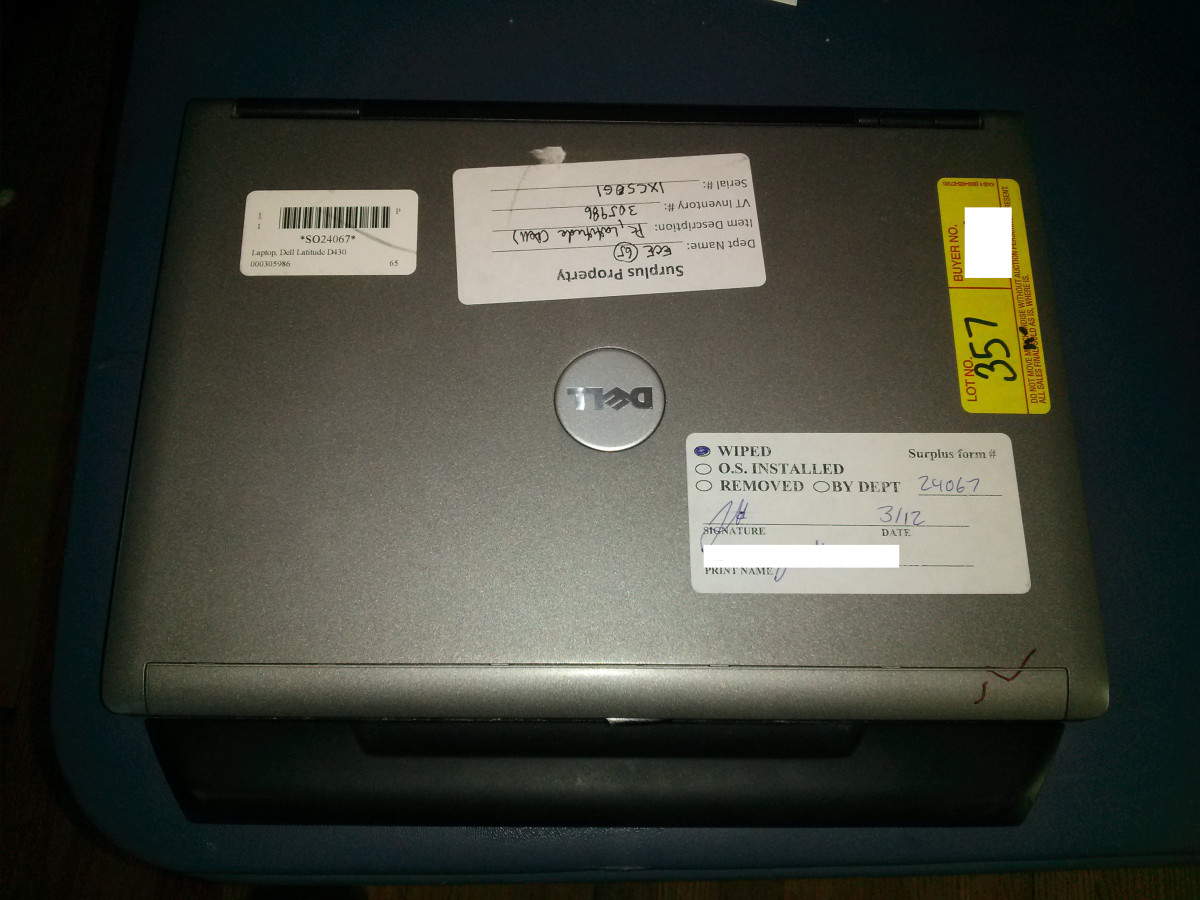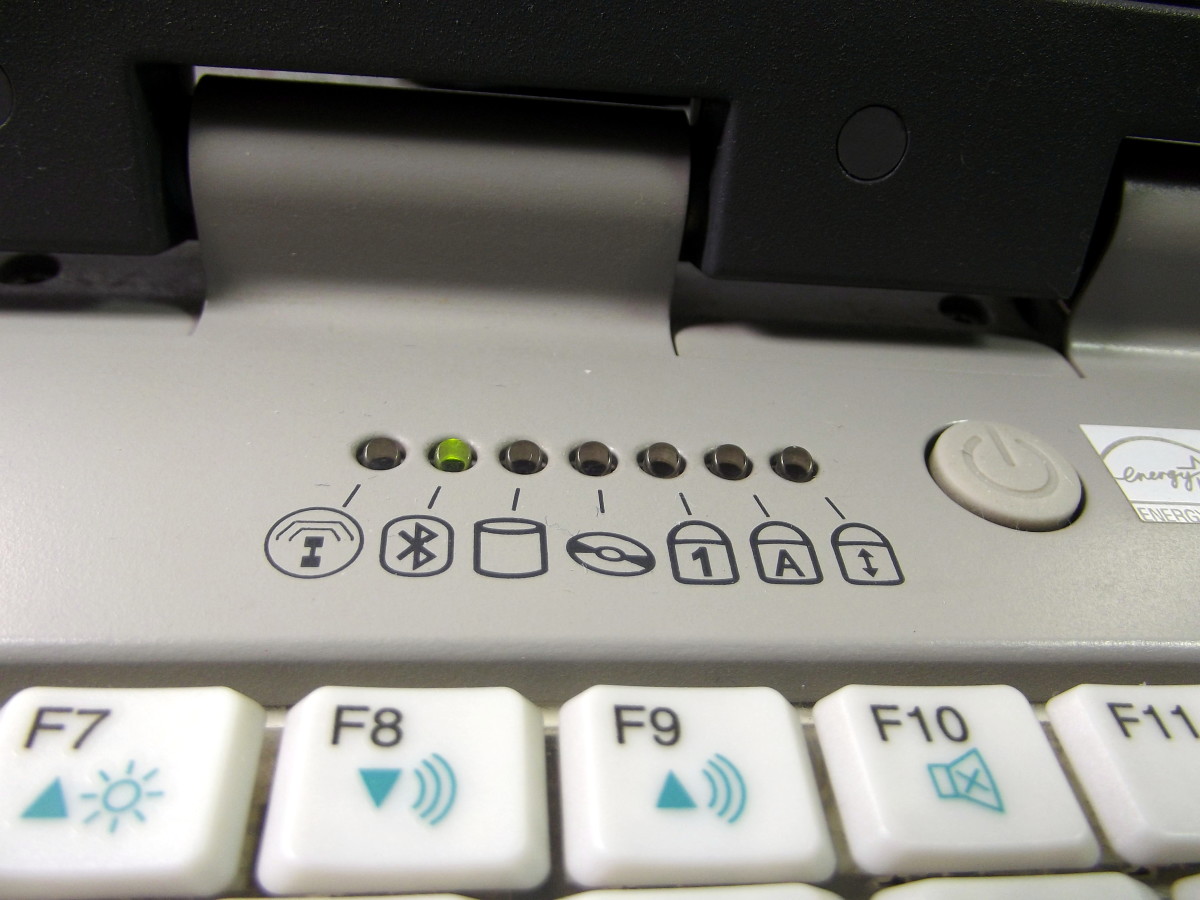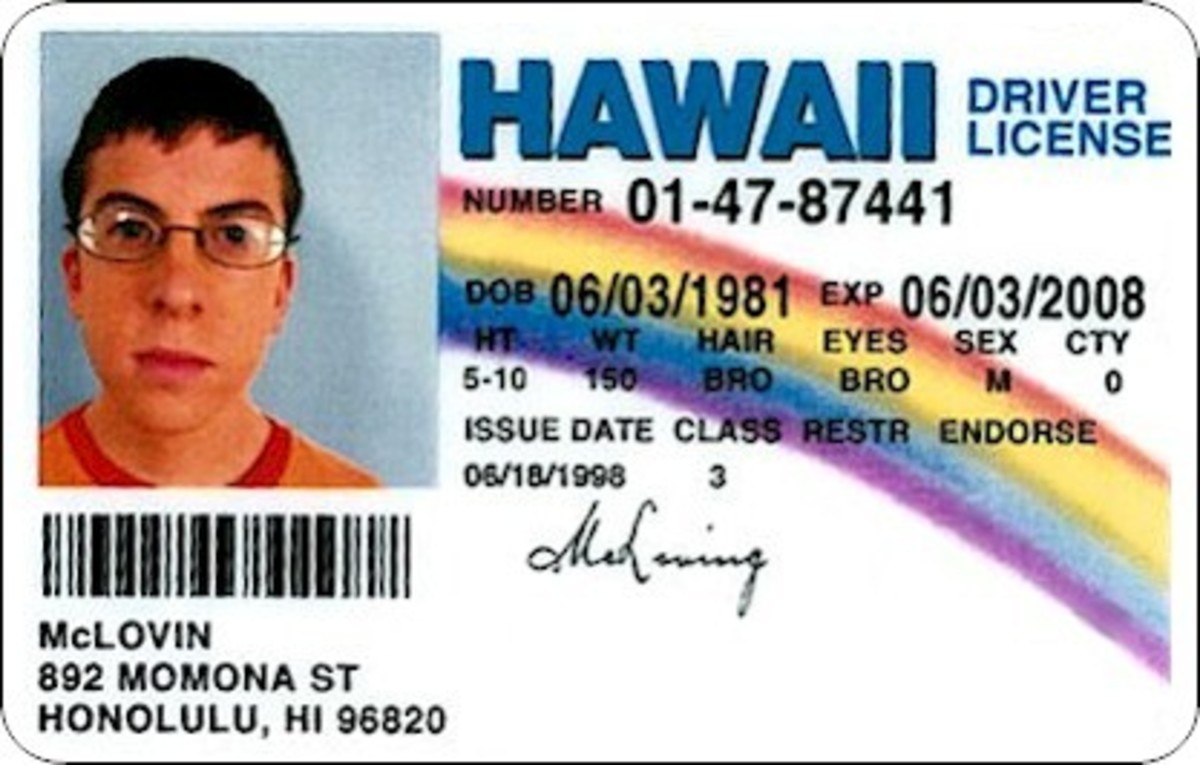Five things to do before buying a laptop
Five things to do before buying a laptop
You are on cloud Nine, you are going to buy your own laptop soon, But in your excitement, do not forget to do these 5 essential tasks, to make your buy a worthwhile one. Well, I am no computer expert, and whatever I write, I write from my own experience. It so happened that when I Joined for MBA programme, my parents had to buy me a laptop, since having a laptop was mandatory for the course. So we went and bought one, and not having much knowledge about laptops, I obviously did not probably make the best choice. So if any of you is facing such a situation, I just want to help you out with a few helpful tips. Though these 5 things I am about to mention are by no means, the only things you should look for, but these are the things you should essentially do.
1. Check out the warranty period.
You will most probably be at a disadvantage, if you buy a laptop having a warranty period of just one year. If something goes wrong, with the motherboard, or charger, or battery, soon after the year is over, you will have to shell out a large sum, almost one fourth or one fifth of what you initially spent, for putting it right. Laptops are, sad to say, not as durable, as one would imagine, looking at their high prices. So it is better to go for brands offering a warranty period of two or three years. Also check out if they offer you some sort of a warranty extension scheme at a reduced price, once the warranty period is over. Most importantly, ensure that the warranty includes the battery.
2. Check the prices of select models.
Once you have narrowed down your alternatives, and arrived at a few brands you like, check the prices of the same at different retailers’, shops and online. This will help you in getting the best deal. The price of the same model might vary from one supplier to another. Try to get the best possible deal. Also, check out the features and add-ons offered by the different brands, and go for the one which seems to offer the best possible combination. My laptop had just the basic features, no inbuilt microphone, or webcam; I found many of my friends having laptops with these add-ons, but which were priced less than my model. Hence look into the add-ons offered as well, when comparing prices.
3. Consult other users of the brand you have decided on, as to battery life.
During the major part of the first year consequent to my purchasing the laptop, once the battery was charged to 100%, the system would operate for 4 to 4.5 hrs, without being plugged to a power outlet, before the battery charge ran out. However, in the second year, the battery started becoming weaker, and the time span of work, unplugged, reduced to 1.5 hrs, and then after 3 or 4 months, it became a meager 20 minutes that I was able to work on it, before the battery power ran out. The fact of the matter is that laptop batteries weaken over time, and though this is inevitable, there are some brands whose battery power is greater, and hence, they have a battery reserve time of 2-2.5 hours, even two years after purchase. In my college, many people had Lenovo laptops, whose batteries performed, extremely well.
Once the battery becomes weak, you have to change it, if you want your laptop to run for 3-4 hours, in places where you can’t possibly plug it to an outlet. Changing batteries can be expensive, costing as much as 4000-5000 rupees. After all, the whole point of a laptop is that you can carry it on trips, and work on it. So laptops with efficient batteries which last for a long time period are important. Ask your friends, colleagues etc. who are users of the brand you intend to purchase about the same.
4. Research the problem history of the selected brand.
Some brands show up more errors and problems than the others. Some brands are overtly problematic. Hence consult others as to what all problems are specific to their brand. Also research over the net. The problems akin to a particular brand might range from minor glitches to major issues like the display going awry time and again, the monitor blacking out every now and then, etc. These problems might be inherent in a brand, or in a specific model. Try to avoid the problematic models. A tried-and-tested model would be the best one, instead of one which has just been introduced into the market, and hence might have glitches none is aware of. Hence look into this matter with care.
5. Find out about the hard disk capacity, RAM and OS.
It is better to go for a model which offers a disk space of around 200 GB. It might be pretty difficult to upgrade the disk space, should you feel the need to store more data, in your laptop. Hence, go for one with a high amount of disk space. If you are a movie lover, or a music buff, you might need as extra space, as you can get, to store up those files, since mp3 files are fairly big in size. OS like vista, require systems with at least 1 GB RAM to function without glitches. Hence, look at the OS being supplied with the laptop. Go for a laptop with at least 1 GB RAM, for speedy working.
I hope these have been of some help to you. So Long. Cheers. God Bless.

